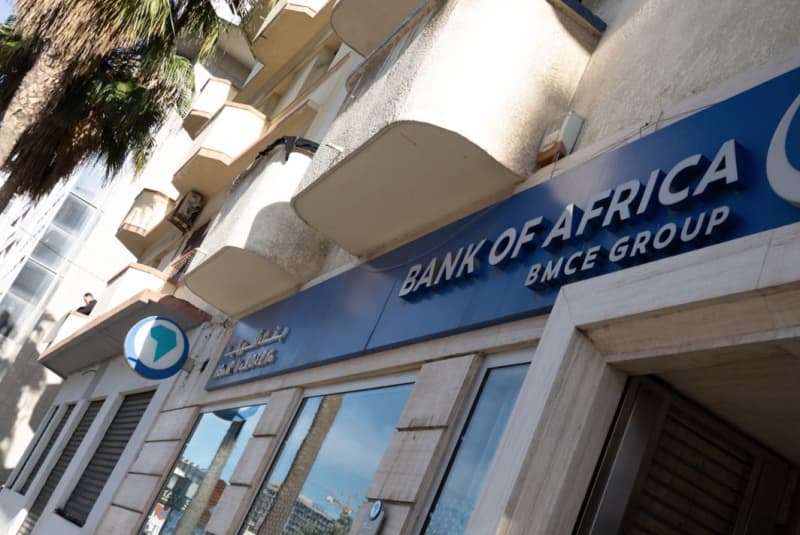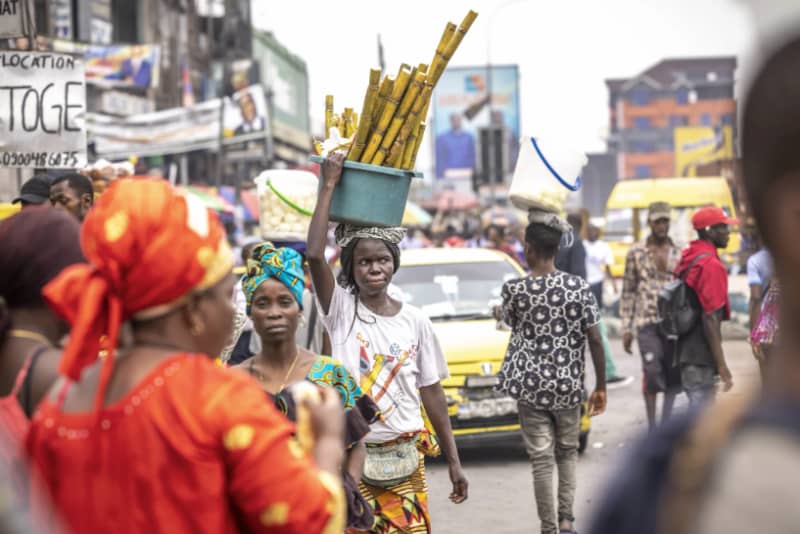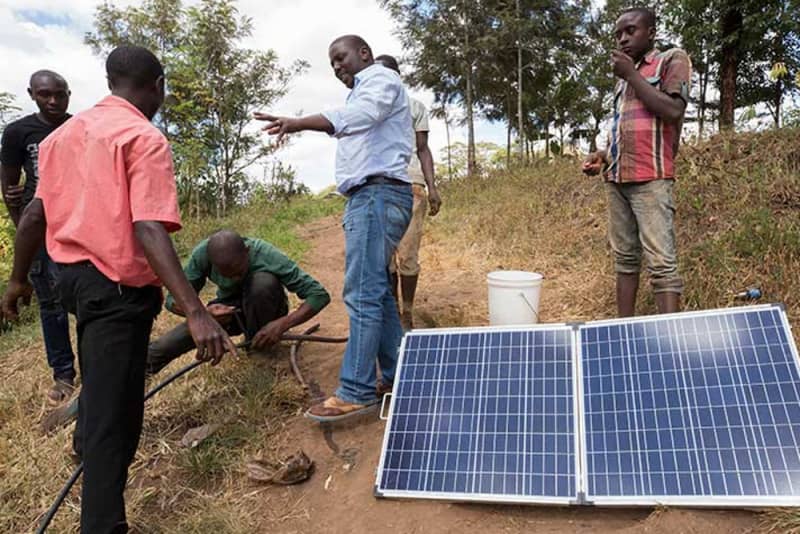Local Currency Financing in
Africa
Anticipating Risks, Unlocking Investments
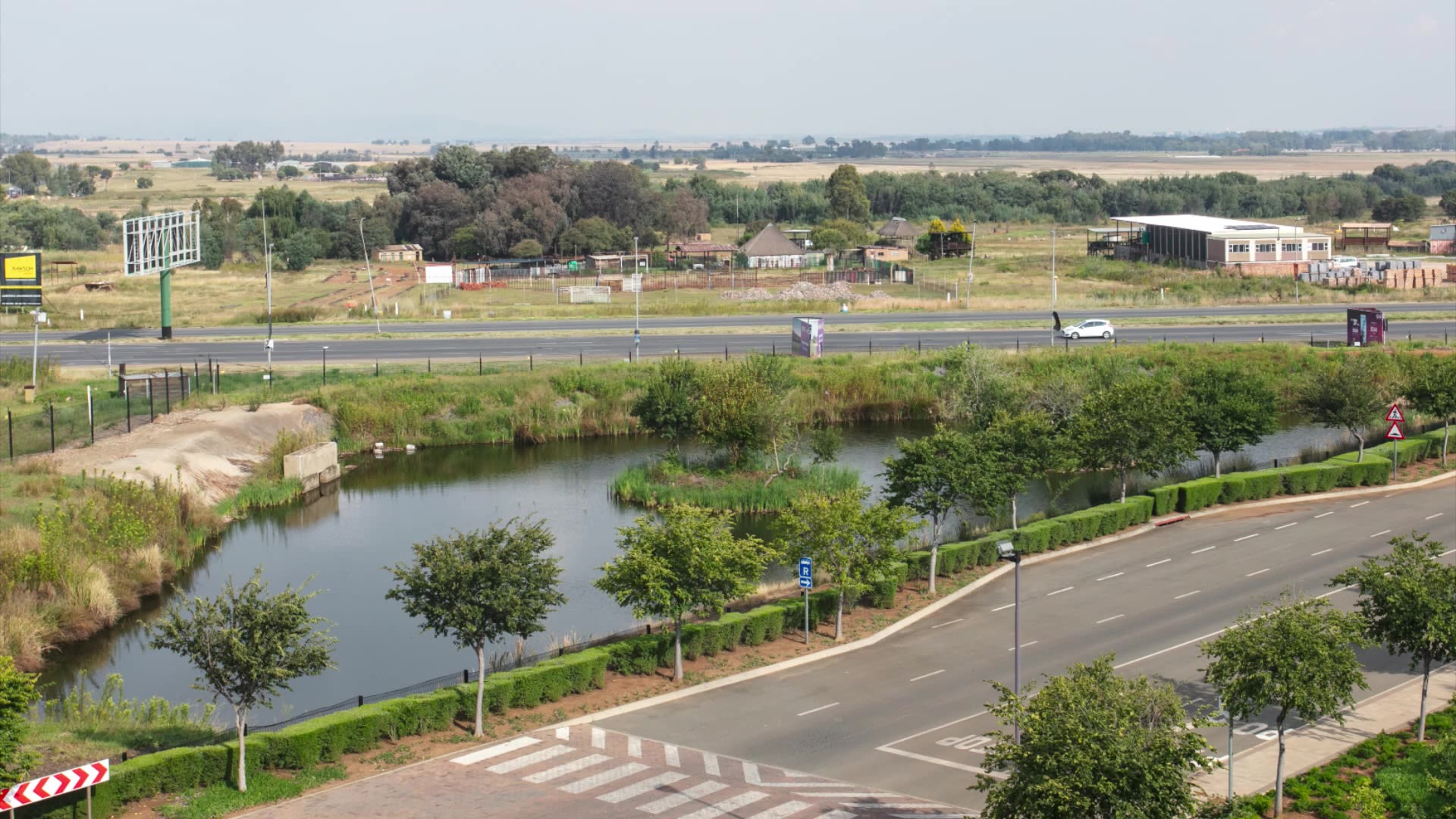
Increasing the availability of local currency financing is a priority for IFC in Africa to protect businesses from currency market volatility and to unlock investment opportunities.
- The volatility of currency markets poses a significant risk to African businesses, especially if they are borrowing in hard currencies
- IFC promotes sustainable private sector investment in Africa through local currency financing solutions and local capital market development
- Local currency financing not only protects businesses from risk, it’s also a catalyst for investment
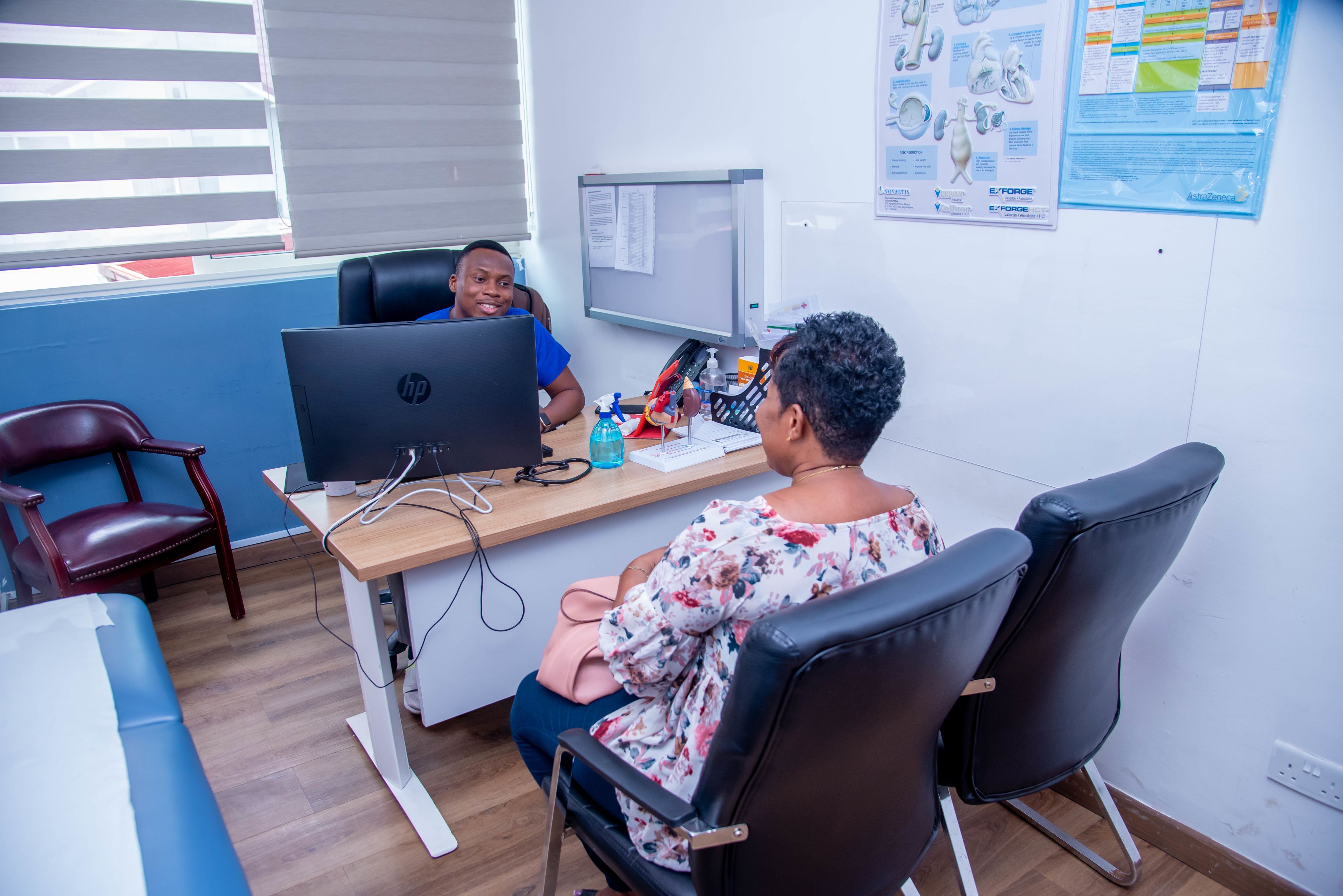
Over the past three years, the Ghanaian cedi has lost more than half its value against the U.S. dollar.
So, when Accra Medical Centre, a healthcare provider in the West African nation’s capital, began discussing financing solutions with IFC, its management made one thing clear: they wanted to borrow in the local currency.
"This was the first thing on the table," says Moses Clocuh, the co-founder and director of Accra Medical Centre, which signed a loan of $5.7 million equivalent in cedi with IFC in March 2023 to expand and upgrade its operations.
"Since most of our revenue is in cedi, we knew that any foreign debt could be fatal to our operations and financial sustainability. With the cedi continuing to depreciate since the financing was concluded, the local currency loan has been advantageous and very strategic.”
The challenge of foreign exchange fluctuations is not unique to Ghana. The aftermath of the COVID-19 pandemic, Russia’s invasion of Ukraine, and the global rise in interest rates have had major impacts on economies across Africa and around the world in the form of inflation and currency depreciation.
In 2023, several of Africa’s leading economies, including Nigeria, Kenya and Zambia, saw their currencies tumble by double digits against the U.S. dollar, raising prices for imports and making it prohibitive for many local businesses to borrow in foreign currencies.
"Demand for local currency financing is growing in Africa as it is the best strategy for many companies, especially those with local currency revenues, to protect their investments from currency risk,” says Sérgio Pimenta, IFC's Regional Vice President for Africa.
“This also reflects the continent's current drive towards regional economic integration and the development of Africa by Africa. That's why we've made it a priority to accelerate the deployment of local currency resources in the region,” he says.
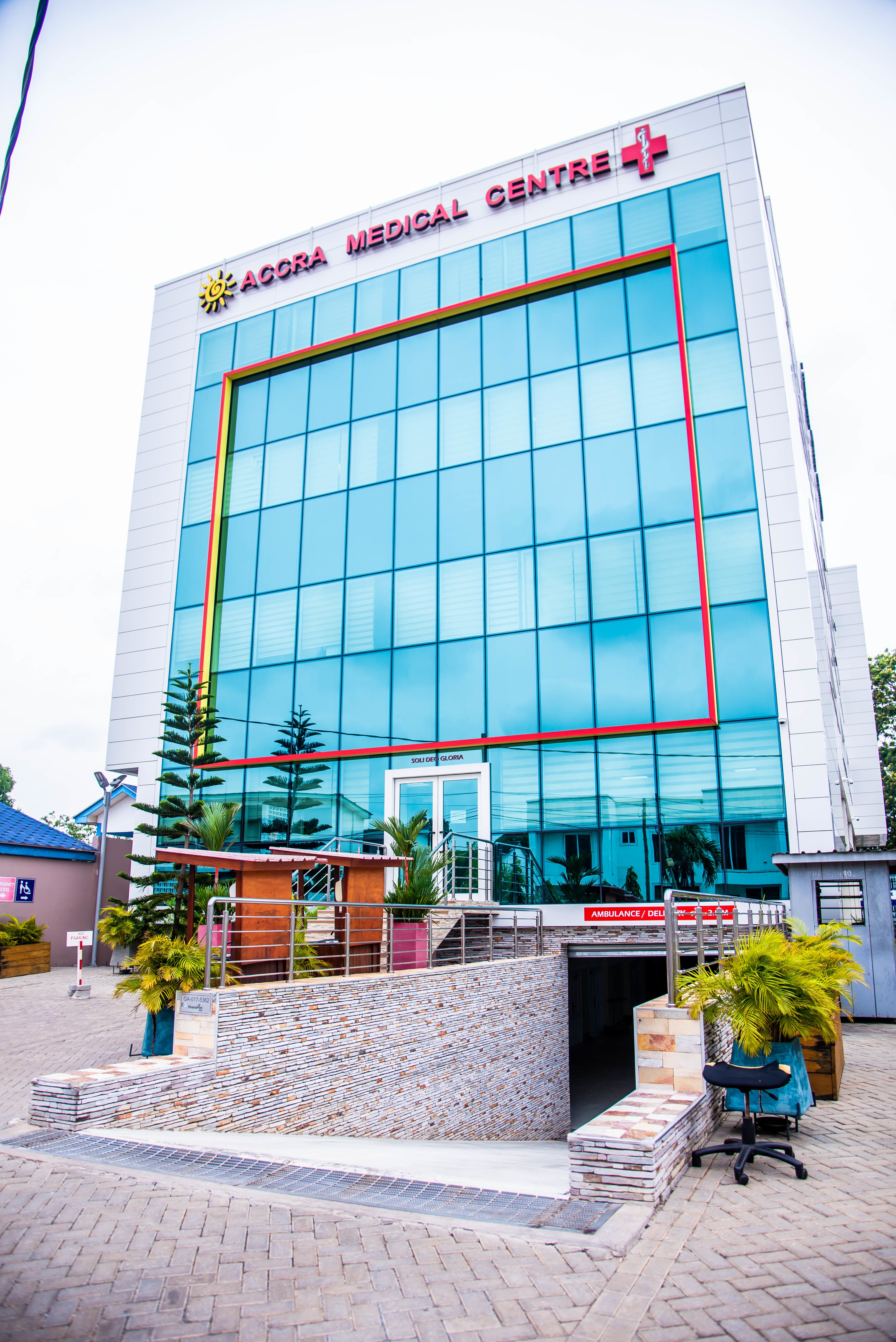
Accra Medial Centre in Ghana. Photo: Harold Sackey/IFC.
Accra Medial Centre in Ghana. Photo: Harold Sackey/IFC.
Foreign Exchange Risks
Lending by development finance institutions (DFIs) to African and other emerging market businesses has traditionally been in so-called ‘hard’ currencies, including the U.S. dollar and euro.
When exchange rates of local currencies remain relatively stable, the risk of borrowing in hard currencies is reduced. However, in times of volatility and uncertainty, as the global economy has recently been navigating, exchange rates can fluctuate widely, and foreign exchange risks can be too much for borrowers to stomach.
In addition, in some countries, the challenge of converting the local currency into foreign funds – due to lengthy and complex administrative procedures and a shortage of hard currency – is another major obstacle that slows down business.
Recognizing the growing importance of—and demand for—local currency lending, development institutions have been stepping up their efforts to provide it.
In 2007, for example, The Currency Exchange Fund (TCX) was launched as a global development finance initiative to provide long-term currency swaps and forwards in markets where these products are unavailable or inaccessible. TCX investors include DFIs (including IFC), microfinance investment vehicles (MIVs), the governments of the Netherlands, Germany, Switzerland, the UK, France, and the European Commission.
In 2022, TCX de-risked $1.38 billion of new development finance loans to emerging and frontier countries across 43 currencies, including $337 million in Africa.
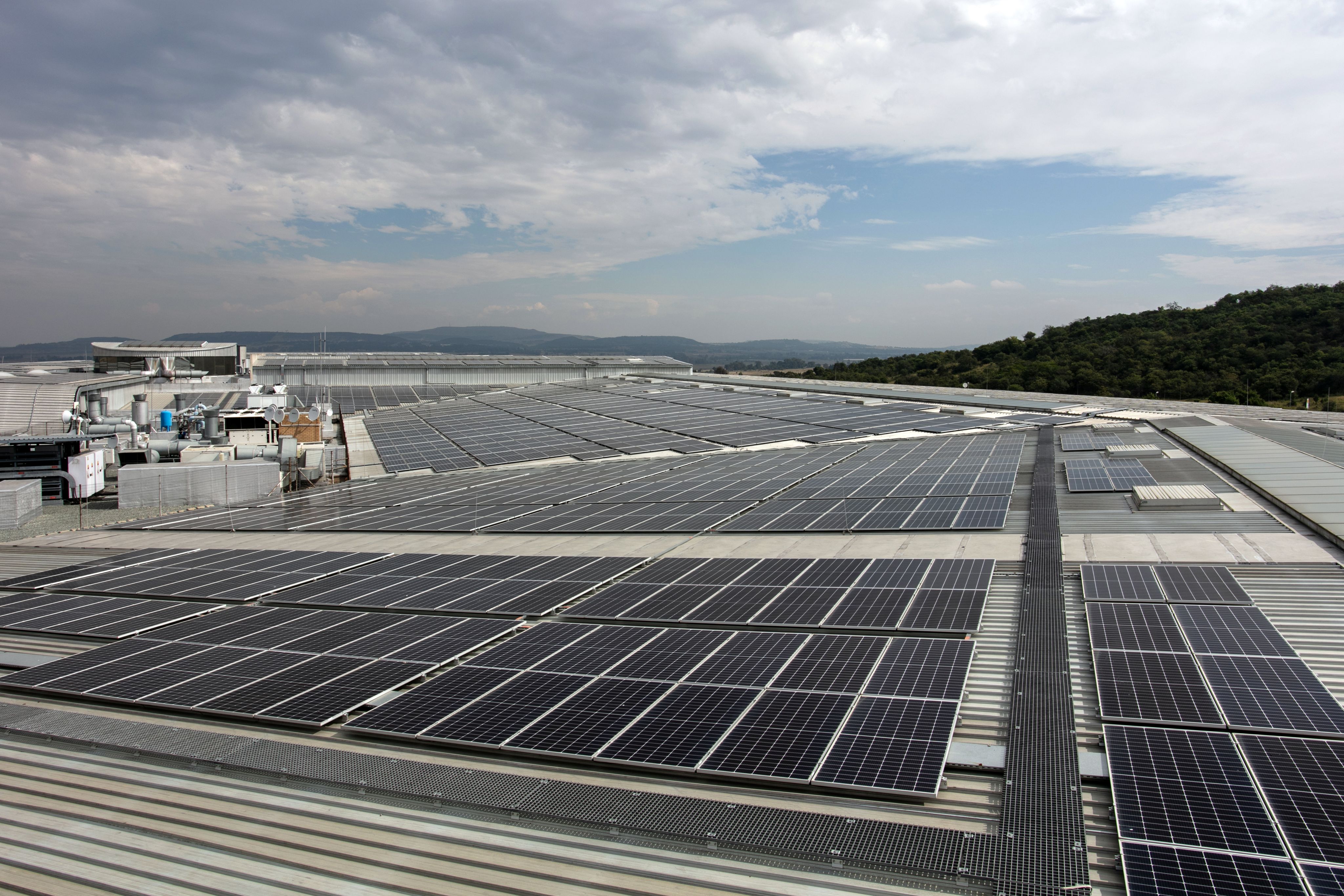
A Catalyst for Investment
Meanwhile, IFC has strengthened its own work in this area.
Over the last decade, IFC has committed nearly $32 billion in local currency across more than 70 currencies worldwide. On average, about a quarter of IFC’s long-term debt commitments globally have been in local currency.
The amount comprises $3.6 billion in commitments in 25 African currencies, including the CFA franc in West and Central Africa, the naira in Nigeria, the kwacha in Zambia, and the ariary in Madagascar.
IFC’s efforts are supported by the World Bank Group’s Local Currency Facility (LCF). Launched in 2017 as part of the International Development Association's Private Sector Window (IDA PSW), the LCF acts as an internal hedging counterparty to enable IFC to provide local currency financing in IDA-eligible countries, where capital markets are not developed, and market solutions are not sufficiently available.
With more than half of the 75 IDA-eligible countries in Africa, the continent has been an important focus of the LCF: since its launch, the LCF has supported 45 IFC investments – mostly loans and bonds – totaling nearly $600 million in nine African currencies.
"Local currency financing not only protects companies from risk, it’s also a catalyst for investment,” says Thibaut Foucher, Senior Investment Officer at IFC in Nairobi, who has led several local currency transactions on the continent.
“If you're in a position, as IFC is, to provide long-term, large amounts of local currency – something that's very hard to find in local markets in Africa – you're helping to reduce a major barrier to investment in the region.”

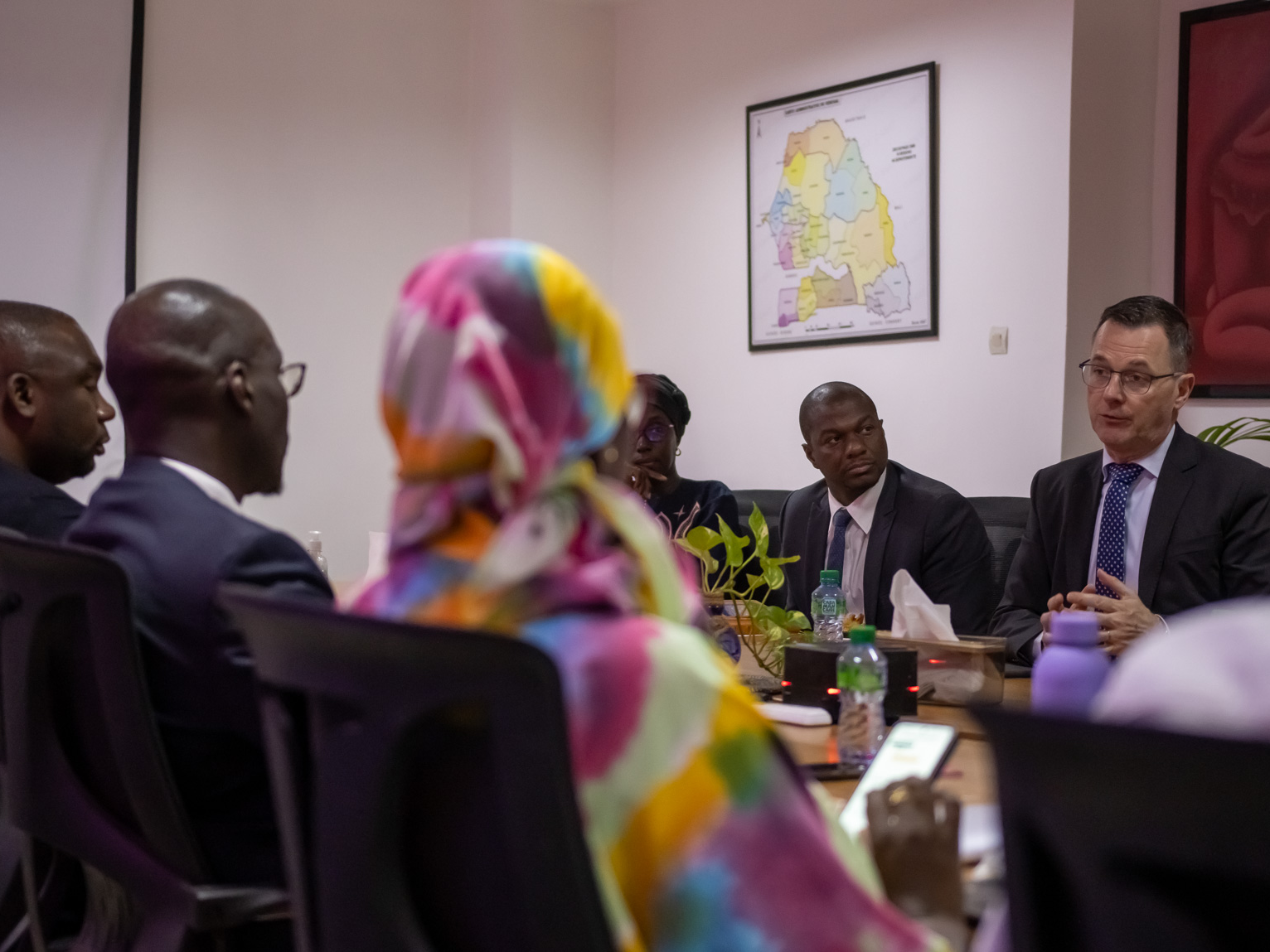
Sérgio Pimenta, IFC Regional Vice President for Africa, meeting with delegates from the Baobab Group in Senegal. Photo: Malick El Madiop Faye.
Sérgio Pimenta, IFC Regional Vice President for Africa, meeting with delegates from the Baobab Group in Senegal. Photo: Malick El Madiop Faye.
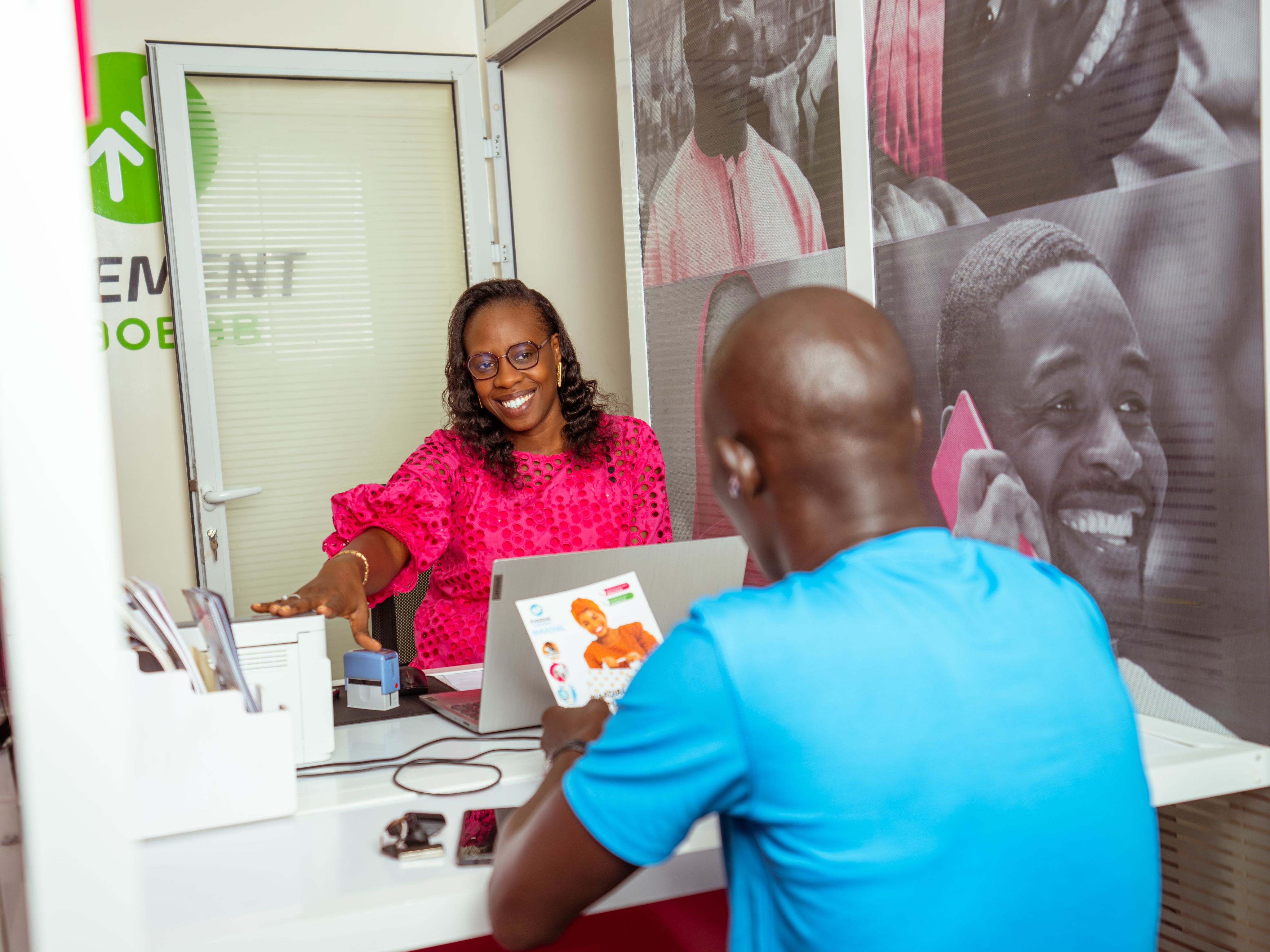
An agency of Baobab in Saint-Louis in northern Senegal. Photo: Sidy Talla.
An agency of Baobab in Saint-Louis in northern Senegal. Photo: Sidy Talla.
Long-Term Financing
IFC's local currency investments in the region include long-term financing solutions – loans, swaps, and structured finance products such as partial credit guarantees and risk-sharing facilities – to businesses and financial institutions.
These products are helping meet the needs of mid-sized companies—including Accra Medical Centre in Ghana—as well as larger, multinational companies seeking to protect their operations from macroeconomic risks.
Recent IFC deals include a 4.5 billion rand ($236 million) loan to help Absa Bank expand its green building financing portfolio in South Africa; a risk-sharing facility equivalent to $77 million to Bank of Africa Group to ease access to finance for smaller businesses in 10 African countries; and a $224 million multi-currency loan to seven African subsidiaries of telecom operator Airtel to connect millions of people to mobile Internet in the DRC, Kenya, Madagascar, Niger, Republic of Congo, Zambia, and Chad.
Local currency financing also means fewer administrative headaches, says Serigne Bamba Mbacke Diop, deputy CEO of the Senegalese branch of Baobab Group, a microfinance institution that signed a $47.5 million multi-currency facility with IFC in 2023 to boost financing for small and women-owned businesses in Burkina Faso, Côte d'Ivoire, DRC, Madagascar, Mali and Senegal.
"For us, there are only advantages to getting funding in local currency," says Diop. “Aside from the currency risk, it is simply easier to do business in local currency. It's faster, there's less paperwork, and you have visibility over the process – you're in control and more productive."
"Real estate is a long-term asset class, so it's important for us to have debt maturities that match the underlying cash-generating profile of our business. It supports our longer-term decisions, especially in terms of decarbonizing our portfolio,"
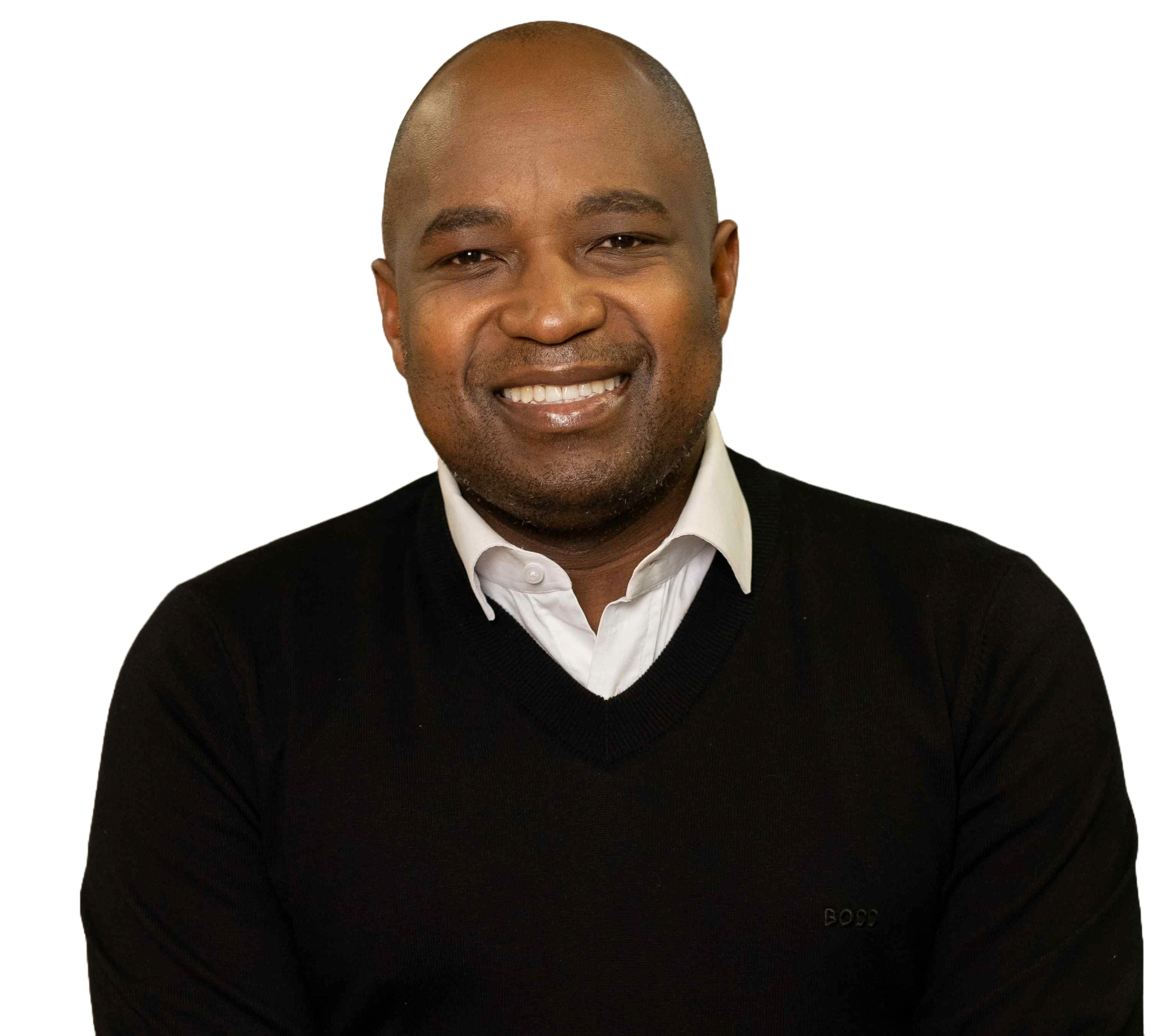
Photo: Redefine.
Photo: Redefine.
Local Capital Markets
Local currency financing can also be obtained domestically, of course. Domestic banks and capital markets, whether in Ghana, Kenya, Senegal, or South Africa, are essential providers of funding to local businesses, helping insulate them from currency volatility.
Where possible, IFC supports the development of local capital markets in Africa in three ways: as an advisor, jointly with the World Bank and other key partners, by working with governments and regulators to promote key reforms and policies; as an investor, by supporting new bond issuances by private-sector clients; and as an issuer, by issuing IFC bonds in local markets to raise local-currency funding for its own local-currency lending, while launching demonstration transactions that can encourage other issuers to follow. An example of this multi-faceted approach is the work of the World Bank Group's Joint Capital Markets Program (J-CAP) in selected countries.
Over the last decade, IFC has issued local currency bonds in Botswana, Rwanda, South Africa, Namibia, Nigeria, and Zambia. In 2023, for example, IFC issued two Zambian kwacha-denominated bonds in the local market to source funding for its local currency investment program in Zambia.
Over the same period, IFC has invested in nearly 20 local currency bond issues and securitizations across the continent. In these transactions, such as the first securitization by Sonatel in Senegal in January 2024 or the first sub-Saharan African gender bond issued by Tanzania's NMB Bank in April 2022, IFC plays the role of an anchor investor, subscribing to a significant portion of the bond to instill confidence in other investors.
"By lending our name and international reputation to a bond issue, we're facilitating innovative and successful transactions that enable businesses to raise local currency financing from capital markets and allow investors to diversify their investment portfolios," says Martin Habel, Head of IFC Treasury Client Solutions in Africa, Europe, Middle East, and Central Asia.
In South Africa, for instance, IFC invested 750 million rand (about $39 million) in a September 2022 green bond issued by Redefine Properties Ltd, the country's second-largest real estate investment trust (REIT), to support the decarbonization of its buildings, which house more than 4,000 tenants.
According to Ntobeko Nyawo, Redefine's Chief Financial Officer, IFC's role as an anchor investor was critical to the success of the bond issue, helping to catalyze an additional 750 million rand from other investors. IFC’s support also enabled the company to raise local currency funds with tenors of seven and ten years, helping to shape the local market which has largely been characterized by shorter tenors of three and five years.
"Real estate is a long-term asset class, so it's important for us to have debt maturities that match the underlying cash-generating profile of our business. It supports our longer-term decisions, especially in terms of decarbonizing our portfolio," says Nyawo.
"The convening of an anchor investor with high credibility like IFC really shaped and created an interesting dynamic in our market," he says. "Institutional investors followed the tenor set by IFC, and that was pleasing for us because it is a type of capital that we believe enables value creation in our business."
Published April 2024


Further Reading


